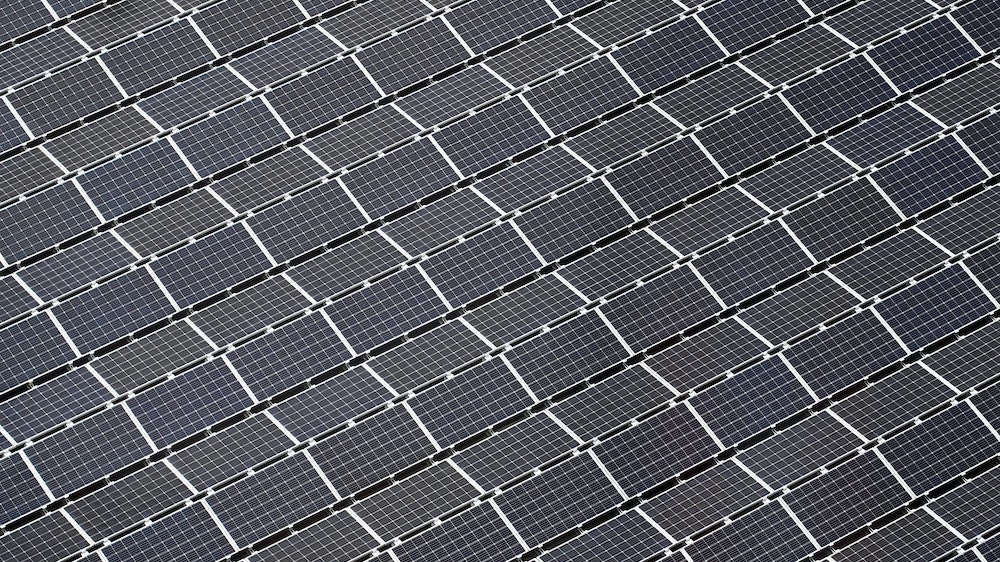ImpactAlpha, June 17 – Falling prices for oil are accelerating the industry’s long-term decline. Falling costs for solar and wind power, in contrast, are accelerating the rise of renewables, which in turn is attracting continued interest from investors.
The latest data point: Strong demand from pension funds and other institutional investors for Copenhagen Infrastructure Partners’ latest renewable energy fund, which reached a first close of €1.5 billion ($1.7 billion) toward its €5 to €7 billion target for investments in wind, solar, storage and waste-to-energy projects.
Even as COVID-related shutdowns slowed installations – and cratered the residential solar market – Wood Mackenzie analysts expect total U.S. solar installations to grow 33% this year to 18 gigawatts (down from an earlier forecast of 20 GW).
ImpactAlpha’s Agents of Impact Call No. 19 this week will explore investment strategies for investments in clean energy and green infrastructure to accelerate the low-carbon transition – and generate long-term, steady yields.
Some Cliffsnotes:
- Renewables power up, coal powers down. Electricity generation from coal fell by 21.6% in March compared to the previous year, according to the International Energy Agency. Renewable electricity generation grew by 7%.Key point: Renewable energy capacity is being tapped first because of its lower marginal costs; more costly coal is being pushed out. Many renewables contracts are “take or pay,” requiring utilities and other customers to buy every kilowatt-hour produced for an agreed price, say Charles Wheeler and David Sher of Greenbacker Capital, which is sponsoring The Call.
- Stimulus spending. There are few green projects in the Trump administration’s early plans for a $1 trillion infrastructure package of COVID recovery stimulus spending. That could change in Congress, where wind and solar power enjoy bipartisan support (see, “Climate makes a comeback in coronavirus recovery plans (just don’t call it climate action”). A team of economists that analyzed 700 past stimulus policies concluded, “Green projects create more jobs, deliver higher short-term returns per dollar spend and lead to increased long-term cost savings” compared to traditional stimulus plans.
Climate makes a comeback in coronavirus recovery plans (just don’t call it climate action)
- Beyond solar. By 2025, energy storage will be included in one-third of new residential and one-quarter of new nonresidential solar systems, Wood Mackenzie forecasts. Electric vehicle sales are expected to be flat in 2020, at about 2.1 million vehicles, bucking the global sales decline of 15% for passenger cars, according to the IEA. Charging systems and infrastructure are growing rapidly, as companies from Amazon to UPS, along with transit agencies and cities, electrify their fleets.
Electrification of vehicle fleets sparks disruption of energy and transportation
In the U.S., market penetration of biodigesters that turn dairy cow manure and other waste into natural gas lags far behind Europe. “You can do a hundred of these, a thousand of these,” said Equilibrium Capital’s Dave Chen, who will also join The Call (see, “Tapping the municipal bond market for distributed green infrastructure”). - Capital call. Positive trends have yet to drive the massive increase in investments in low-carbon infrastructure experts say are necessary to forestall the worst impacts of climate change. Last year’s figures have not yet been tallied, but in 2018, global climate financing actually fell by 11% to $546 billion, from $612 billion in 2017, according to the Climate Policy Initiative.“This is simply not enough, especially as investments in polluting industries continue to effectively cancel out these efforts to address climate change,” CPI’sBarbara Buchner, who will be featured on The Call, said last year. “Leaders should be focused on total economic transformation.”
RSVP for The Call: 10x’ing investments in green infrastructure. Climate Policy Initiative’s Barbara Buchner will share signals of the gathering market disruption (see below). Greenbacker Capital’s David Sher, Equilibrium Capital’s Dave Chen and Caprock Group’s Matthew Weatherley-White will explore how to ramp up investments in clean energy and green infrastructure on Agents of Impact Call No. 19, Thursday, June 18 at 10am PT / 1pm ET / 6pm London. RSVP today.












